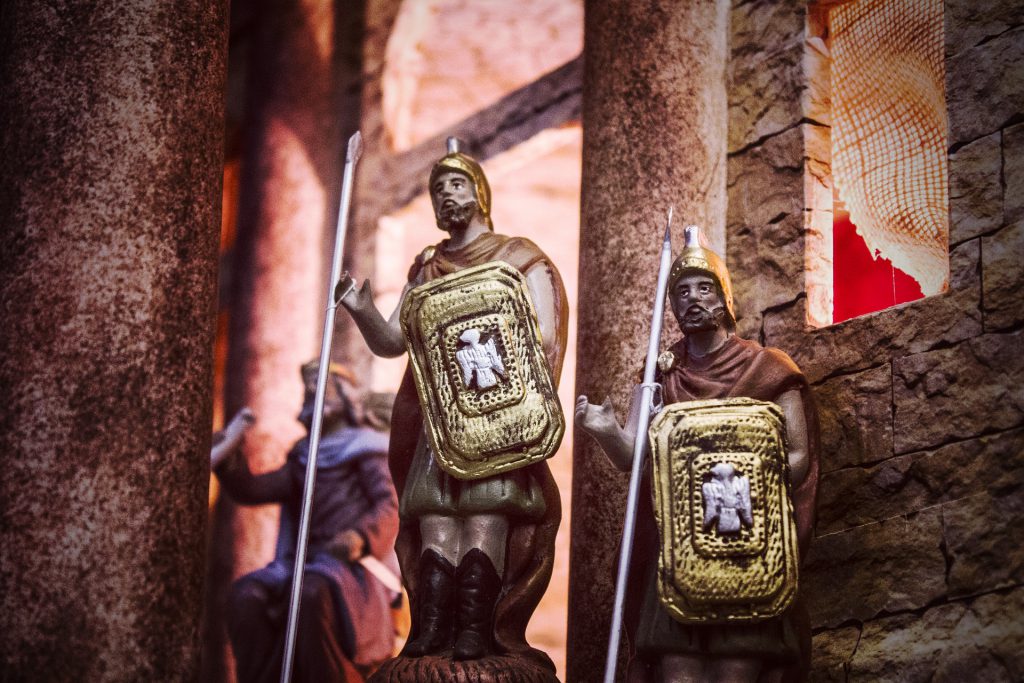
The Romans had a public festival known as Saturnalia. It originally took place between 220 to 210BC. It is believed to have been introduced initially, as a moral boaster, following a military defeat but soon became the festival for Saturn. Saturn the god of agriculture would have been like the celebration of the Norse in Scandinavia. The celebrations were based around the Winter Solstice.
Saturnalia was officially celebrated on the 17th December. Originally it had been on the one day but due to its popularity, the festivities later continued onto the 23rd December. Although both Augustus and Caligula tried to shorten the holiday season, their attempts were unsuccessful.
Hedonistic Festival
Saturnalia was a time for hedonistic festivities. It was a time of eating and drinking. The festival was a period of partying, tomfoolery and in the houses a family member would be appointed the Lord of Misrule. It was a festival where the social order was in affect inverted. The slaves were permitted to gamble, were treated as equals, worn their master’s clothes and even served upon at meal times. The slaves were even exempt from any form of punishment. For other Romans, no business was carried out, less formal clothing was worn, it was a school holiday and small gifts were given out, known as ‘saturnalia et sigillaricia’. The most common gift was cerei (wax candles) and as with modern Germany, there were specialist markets called sigillaria.
It had other traditions, the common greeting was “Io, Saturnalia!”. The Io pronounced “yo” (The Latin related to “ho” as in “Ho, praise to Saturn”). Pileus, a freeman’s hat was worn by everyone, some customs that would be recognised today.
Also around the time of Saturnalia, December 25th the upper classes celebrated the birthday of Mithras. For these Romans, Mithra’s birthday was the most sacred day of the year. When Pope Julius I chose December 25th as the birth date of Jesus, it is believed he chose the date to absorb the dates and traditions of Saturnalia and the birth of Mithra and to reflect the celebrations of the pagan faiths.